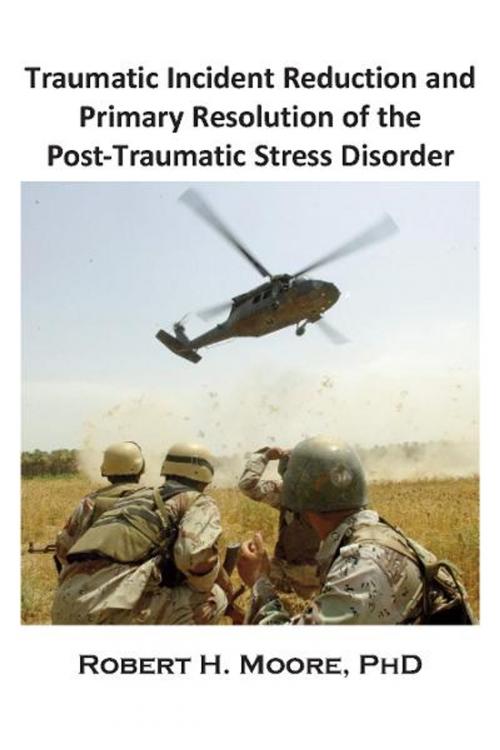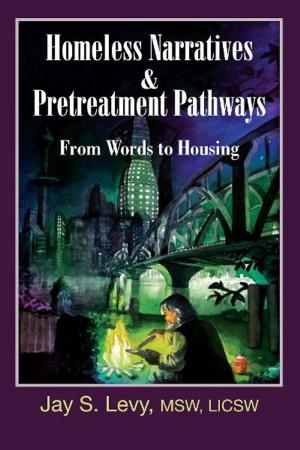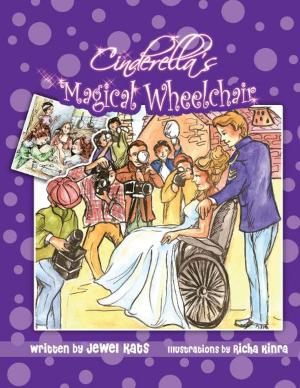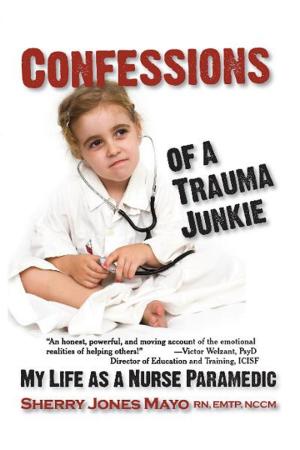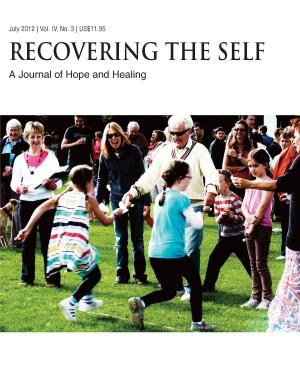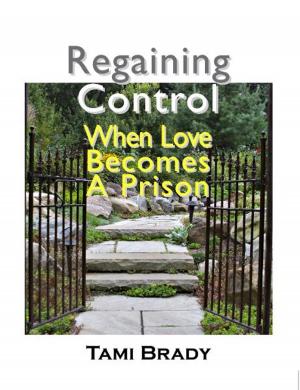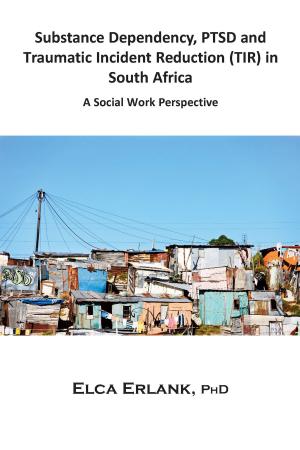Traumatic Incident Reduction (TIR) and Primary Resolution of the Post-Traumatic Stress Disorder (PTSD)
Nonfiction, Health & Well Being, Psychology, Counselling, Mental Illness| Author: | Robert H. Moore | ISBN: | 9781615990795 |
| Publisher: | Loving Healing Press | Publication: | March 1, 2011 |
| Imprint: | Language: | English |
| Author: | Robert H. Moore |
| ISBN: | 9781615990795 |
| Publisher: | Loving Healing Press |
| Publication: | March 1, 2011 |
| Imprint: | |
| Language: | English |
"Traumatic Incident Reduction (TIR) and Primary Resolution of the Post-Traumatic Stress Disorder" provides a brief discussion illuminating the concept of PTSD: how it arises, what maintains it, how it progresses to increasingly constrain a person's life. PTSD also involves faulty thinking, but focus on such present-time reactions is ineffective without addressing the original trauma. PTSD is the consequence of attempts to avoid re-experiencing. Traumatic Incident Reduction (TIR) is a technique for overcoming this tendency, allowing the sufferer to experience the traumatic incident in a special, safe way. In the case of multiple traumas, this can be complex, needing to deal with each. It is necessary to find the original trauma, which invariably has led to more recent ones, and fully resolve it in one sitting. This provides complete relief from the burden of the past trauma. An individual session, designed to handles a single incident, may take between 20 minutes and 3 hours (average 1.5 hours). The primary incident may be obvious to the sufferer, or hidden. People with anxiety problems but no flashbacks may find forgotten traumas, the resolution of which through "Thematic TIR" can eliminate current symptoms. Currently occurring emotional and somatic symptoms are traced back in time until a root incident is found. Emotion and thinking are intertwined: correcting one will correct the other. TIR focuses on the emotion. Once the trauma is fully processed, the person is able to think rationally about it. Dr. Moore is a licensed marriage and family therapist, school psychologist and mental health counselor with graduate degrees in counseling psychology from Lehigh (1965) and Walden (1977) Universities. He is a Fellow and Diplomate of the American Board of Medical Psychotherapists; a Diplomate of the International Academy of Behavioral Medicine, Counseling and Psychotherapy. With over thirty years of practice, seventeen as Director of the Institute for Rational Living in Florida, he has co-edited or contributed to six popular books by Albert Ellis; authored chapters on various applications of Cognitive Behavior Therapy and Traumatic Incident Reduction for professional texts by Windy Dryden, Larry Hill and Janet Wolfe; hosted his own nationally syndicated daily talk radio program; and produced over three hundred psychologically-topical news and public service segments for radio and television. "Dr Moore's monograph will guide you in deciding whether you will benefit from TIR, and may inspire you to train to become a 'facilitator' who can help others with this powerful family of techniques." --Bob Rich, PhD, www.anxiety-and-depressionhelp.com For more information about TIR and PTSD, please visit www.TIR.org
"Traumatic Incident Reduction (TIR) and Primary Resolution of the Post-Traumatic Stress Disorder" provides a brief discussion illuminating the concept of PTSD: how it arises, what maintains it, how it progresses to increasingly constrain a person's life. PTSD also involves faulty thinking, but focus on such present-time reactions is ineffective without addressing the original trauma. PTSD is the consequence of attempts to avoid re-experiencing. Traumatic Incident Reduction (TIR) is a technique for overcoming this tendency, allowing the sufferer to experience the traumatic incident in a special, safe way. In the case of multiple traumas, this can be complex, needing to deal with each. It is necessary to find the original trauma, which invariably has led to more recent ones, and fully resolve it in one sitting. This provides complete relief from the burden of the past trauma. An individual session, designed to handles a single incident, may take between 20 minutes and 3 hours (average 1.5 hours). The primary incident may be obvious to the sufferer, or hidden. People with anxiety problems but no flashbacks may find forgotten traumas, the resolution of which through "Thematic TIR" can eliminate current symptoms. Currently occurring emotional and somatic symptoms are traced back in time until a root incident is found. Emotion and thinking are intertwined: correcting one will correct the other. TIR focuses on the emotion. Once the trauma is fully processed, the person is able to think rationally about it. Dr. Moore is a licensed marriage and family therapist, school psychologist and mental health counselor with graduate degrees in counseling psychology from Lehigh (1965) and Walden (1977) Universities. He is a Fellow and Diplomate of the American Board of Medical Psychotherapists; a Diplomate of the International Academy of Behavioral Medicine, Counseling and Psychotherapy. With over thirty years of practice, seventeen as Director of the Institute for Rational Living in Florida, he has co-edited or contributed to six popular books by Albert Ellis; authored chapters on various applications of Cognitive Behavior Therapy and Traumatic Incident Reduction for professional texts by Windy Dryden, Larry Hill and Janet Wolfe; hosted his own nationally syndicated daily talk radio program; and produced over three hundred psychologically-topical news and public service segments for radio and television. "Dr Moore's monograph will guide you in deciding whether you will benefit from TIR, and may inspire you to train to become a 'facilitator' who can help others with this powerful family of techniques." --Bob Rich, PhD, www.anxiety-and-depressionhelp.com For more information about TIR and PTSD, please visit www.TIR.org
